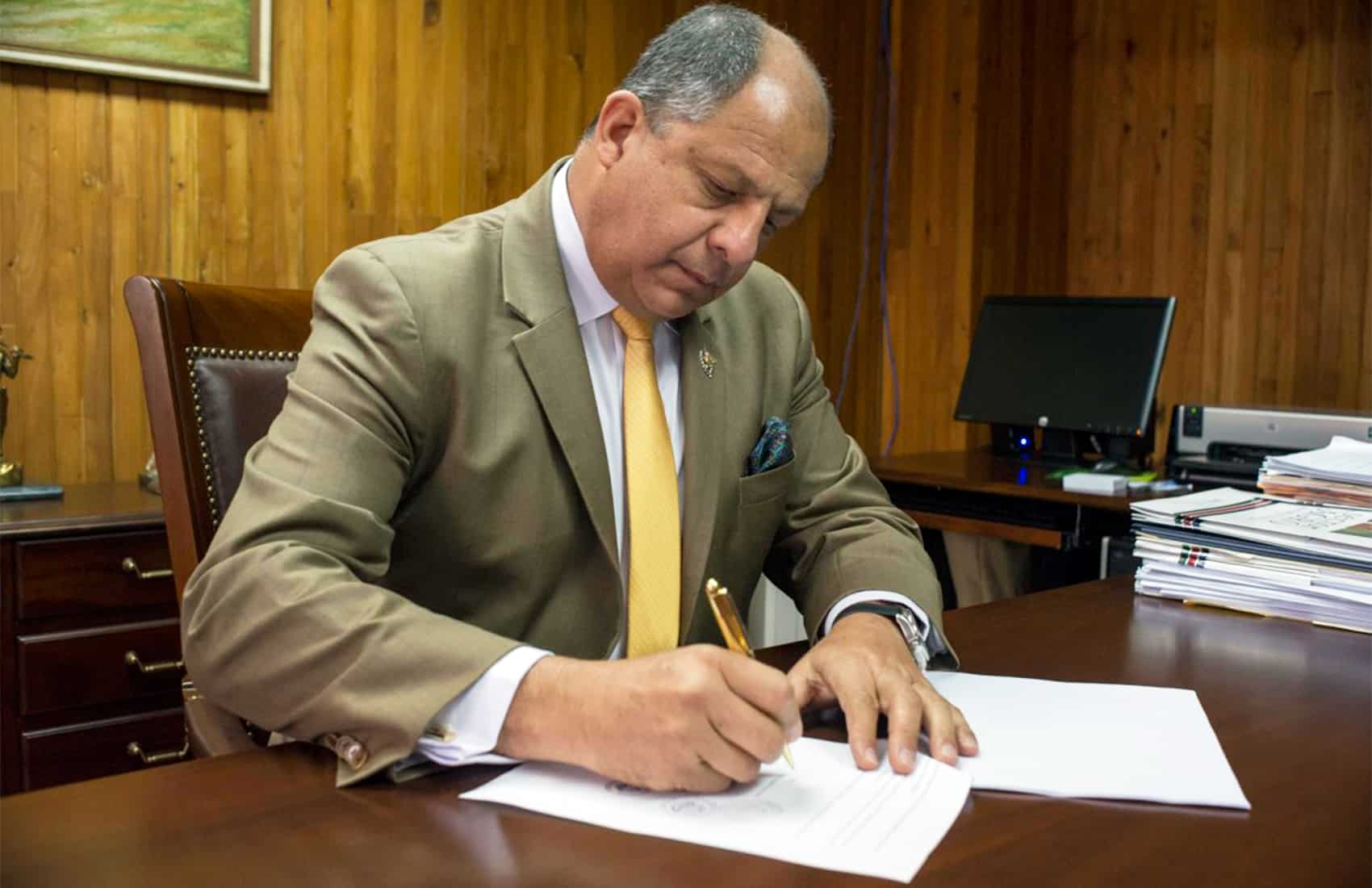A committee from the United Nations Office of the High Commissioner for Human Rights recommended that Costa Rica should review its legislation on abortion in cases of rape, incest or when fatal fetal impairment exists.
Amending current law is among a series of recommendations included in the U.N.’s sixth report on human rights in Costa Rica released Thursday.
The committee stated its concern that abortion in Costa Rica is permitted only when there is risk to the health or life of the mother. Article 121 of Costa Rica’s Penal Code states that it is legal to terminate a pregnancy only in those two situations.
Costa Rica’s Health Ministry and Social Security System are drafting new regulations for therapeutic abortion under those circumstances.
“Restrictions of this law prompt pregnant women to seek clandestine abortion providers that endanger their health and lives,” the report noted.
Another recommendation urges the country to ensure that all cases of violence against pregnant women who are in hospitals “are properly and rigorously investigated, prosecuted and punished.”
The group further scolded Costa Rica for stalling a bill to promote the development of indigenous people, urging lawmakers to expedite its passage. It also called on government officials to move forward with the adoption of laws to prevent and sanction all forms of discrimination.
President Luis Guillermo Solís during a public event in Puntarenas province on Friday noted that the U.N. committee’s recommendations are not binding. He added that passing new regulations on abortion is not one of his priorities.
“I’ll respect any initiatives that lawmakers might propose about that, but my priorities are the fiscal plan, public security, housing, urban development and transparency – the same [issues] that I pledged during my campaign,” he said.
On the flip side
The U.N. Human Rights Committee acknowledged Costa Rica’s efforts to recognize the country’s multiethnic character as well as its battle against human trafficking, racial discrimination and xenophobia.
It also praised an executive decree to reinstate in vitro fertilization, but noted that there are still “excessive hurdles that prevent people from having expedited access to this treatment.”
The U.N. report verifies compliance by countries of the International Covenant on Civil and Political Rights. It includes observations for each country on issues of gender equality, racism, migration, xenophobia, people with disabilities and LGBTIs, and the application of in vitro fertilization.
Costa Rica is one of 168 countries that are part of the covenant and must undergo periodic reviews by a U.N. evaluating group.
Next year, the committee will reevaluate the country’s progress on abortion, indigenous issues and policies against discrimination.






